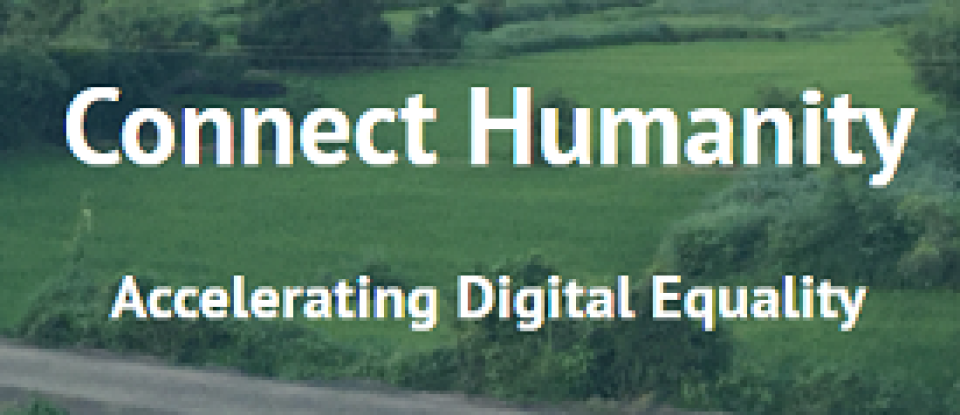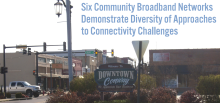Communities Looking for Low-Cost, Low-Hassle Broadband Financing: We Want to Hear From You
If you're a community considering building or partnering to build publicly owned broadband infrastructure in the near future, we want to hear from you.
Connect Humanity - an organization focused on making sure everyone has fast, affordable, and reliable Internet access - may be able to help speed the financing of community networks, including with some capacity to offer non-traditional borrowing or below-market rates. What is their approach?
Over the past 25 years, traditional telecom operators have only managed to connect half the world — and that was the easy half. Universal access will require alternative infrastructure providers, new types of financing and business models, changes in policy, digital skill-building at scale, and an increase in locally relevant content. To meet the needs of this moment and prepare for the years to come, we will need to invest in a diverse set of actors dedicated to ending the digital divide. There are no silver bullets here.
Connect Humanity, in partnership with the World Economic Forum, is rallying philanthropic organizations, investors, industry, governments, civil society leaders, and international experts to build a community of practice around the shared goal of connecting the unconnected, supported by the capital to do so. With awareness about the plight of the unconnected at an all time high, this is the moment to substantially invest in bringing Internet access to all people.
This initiative is open to creative ideas, but the focus will come back to a key question: What are the long-term results in terms of improving Internet access for historically-marginalized groups?

Don't know if your project fits? Email us and ask!



